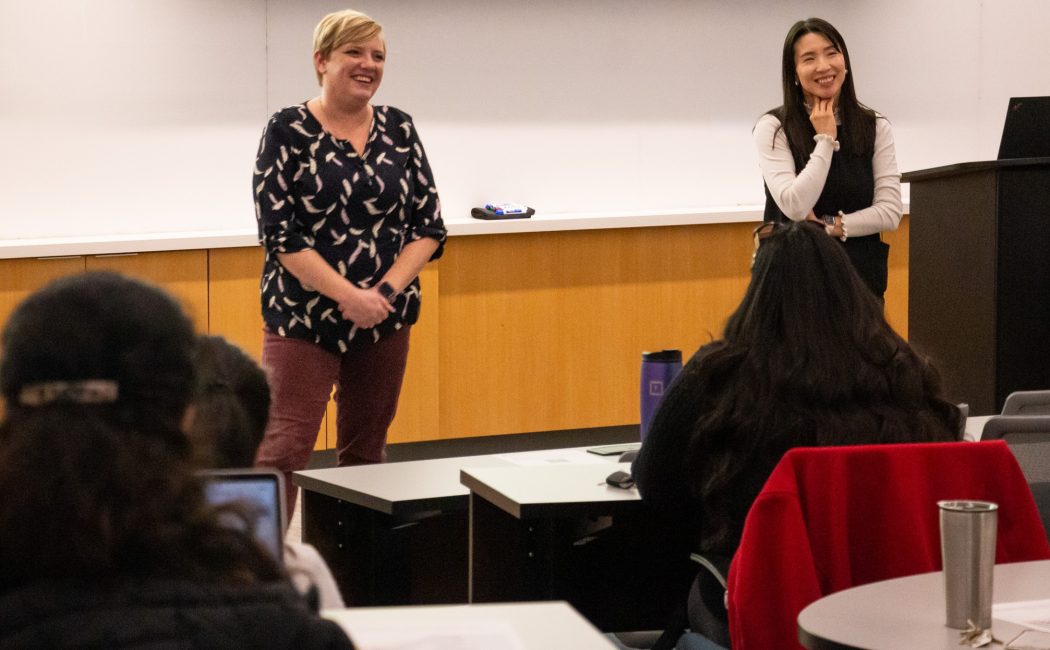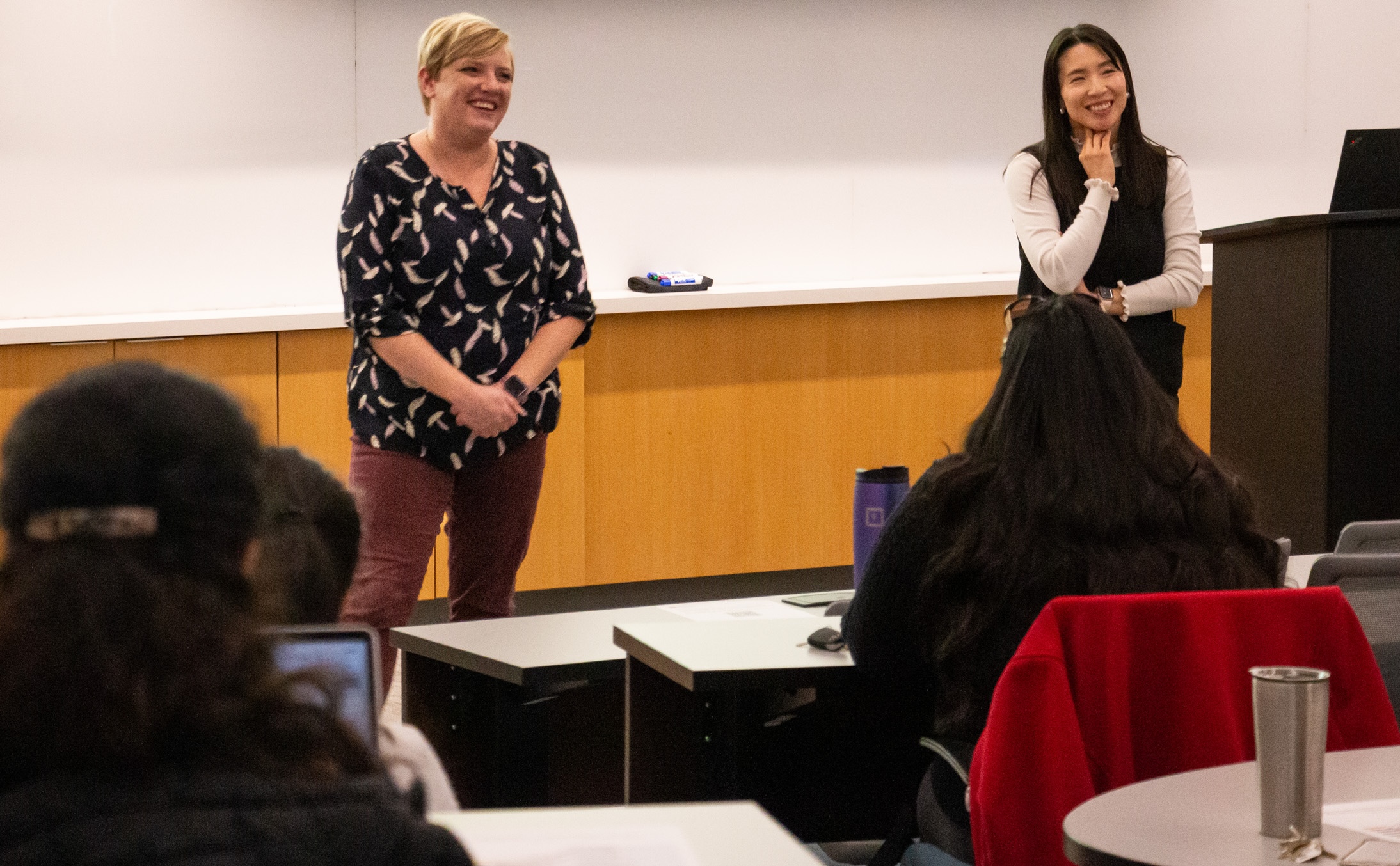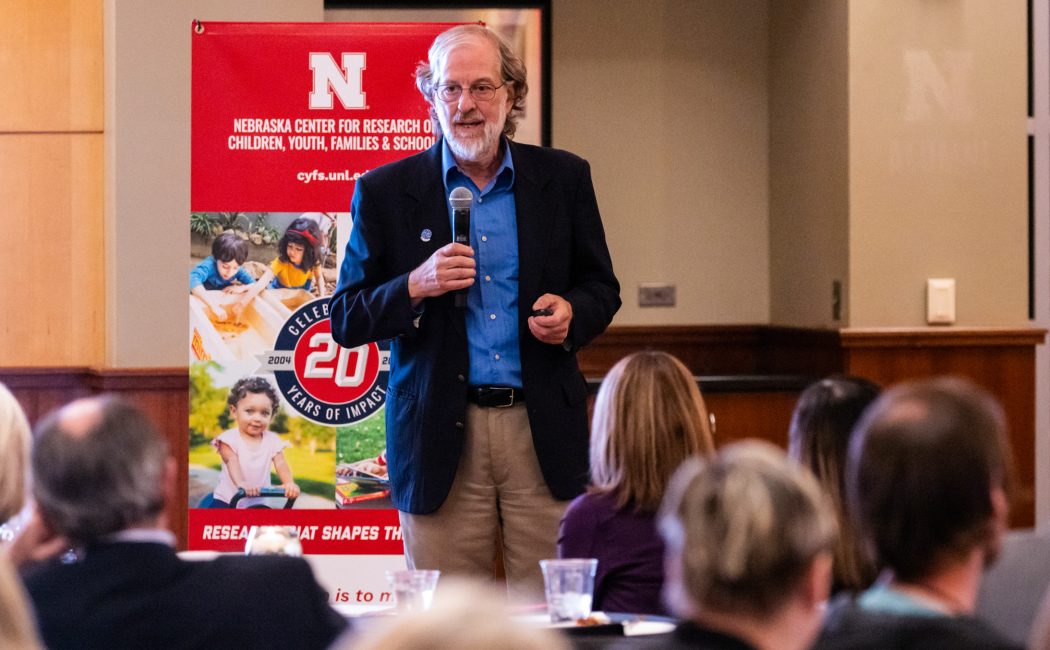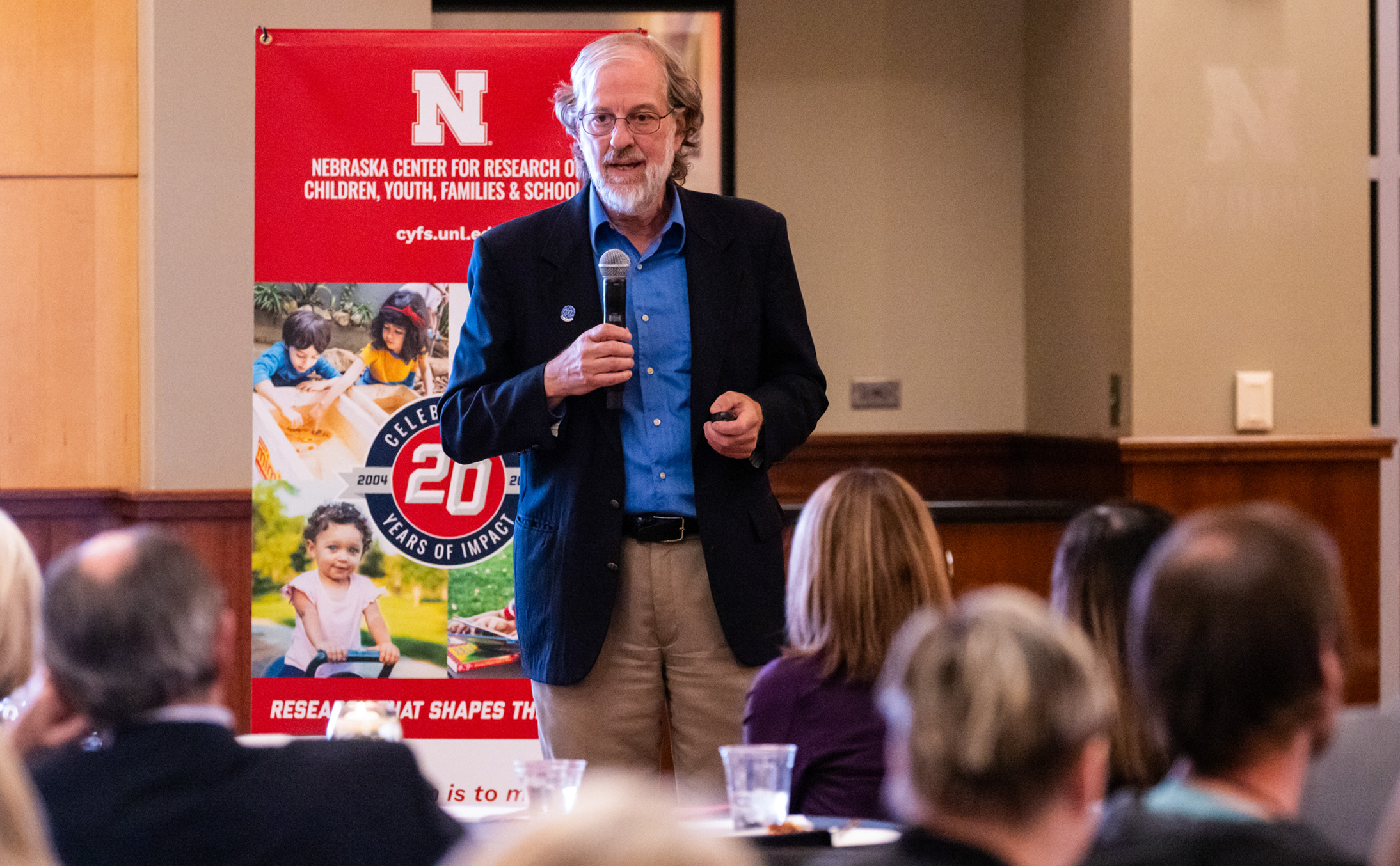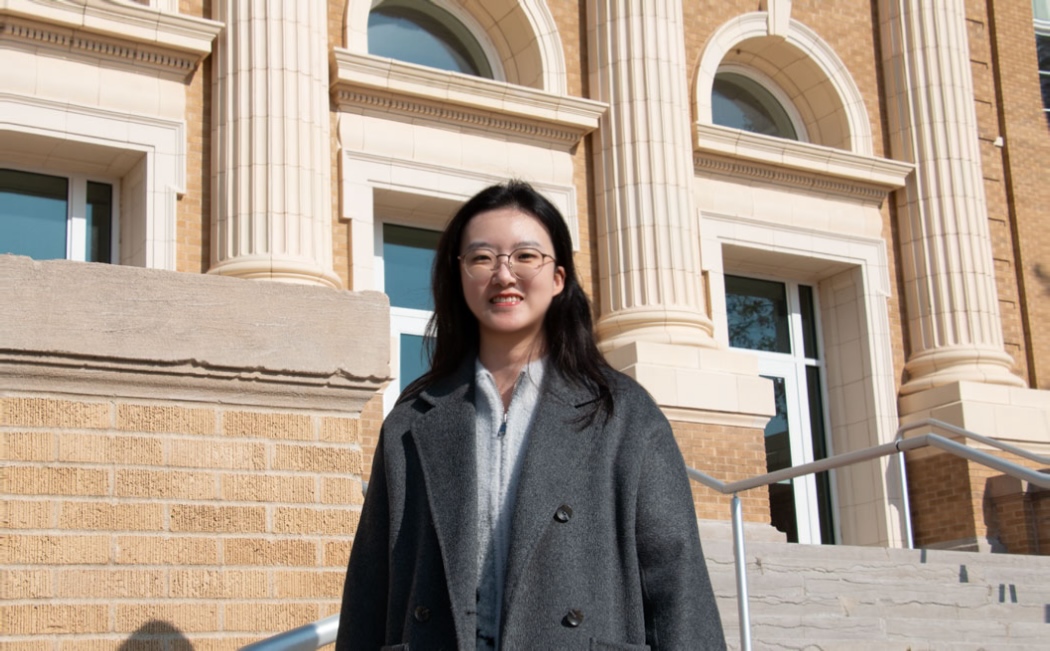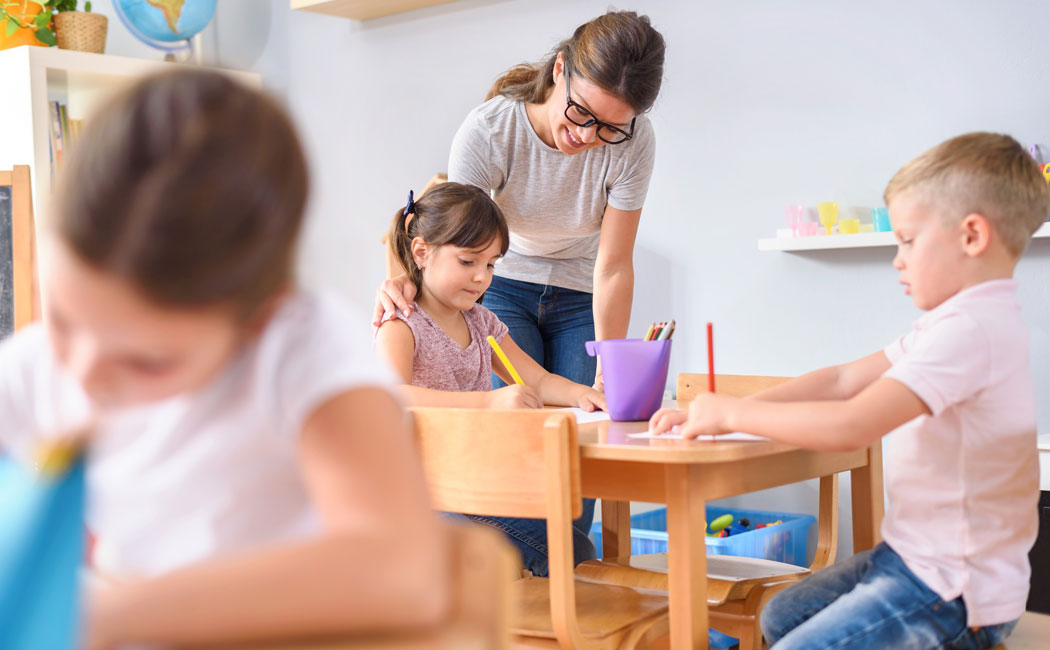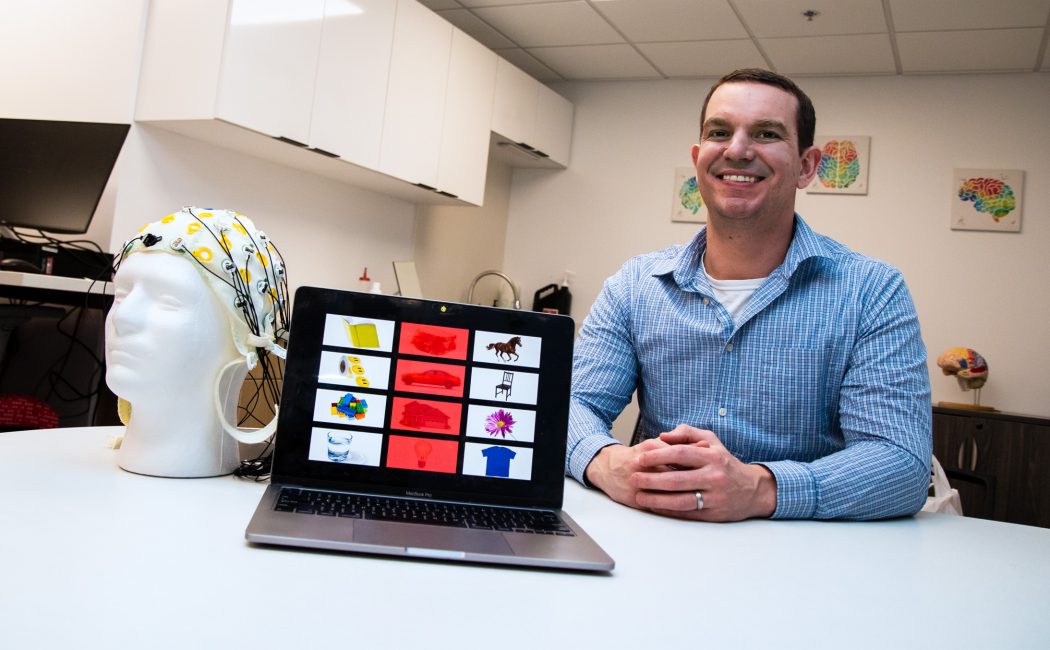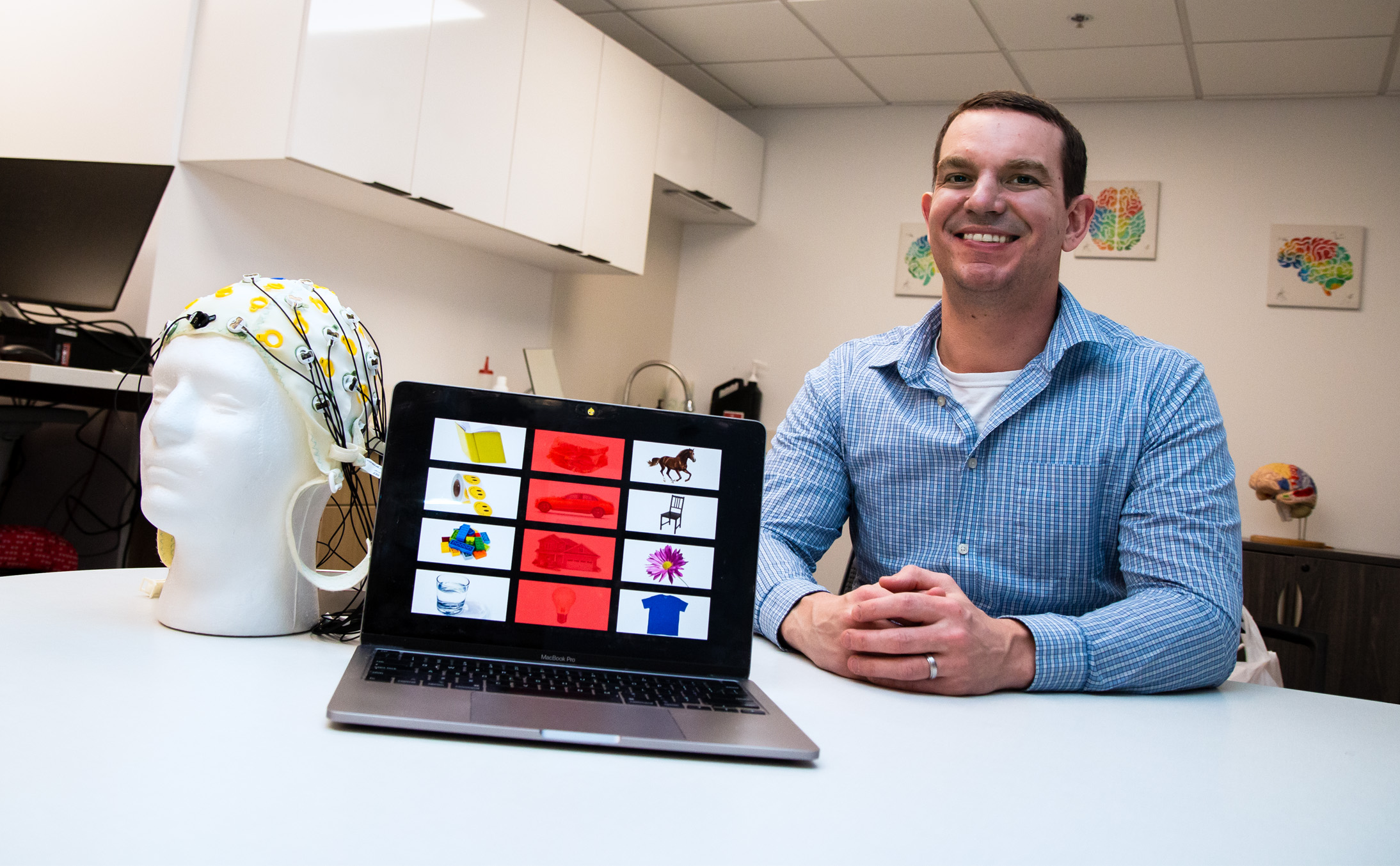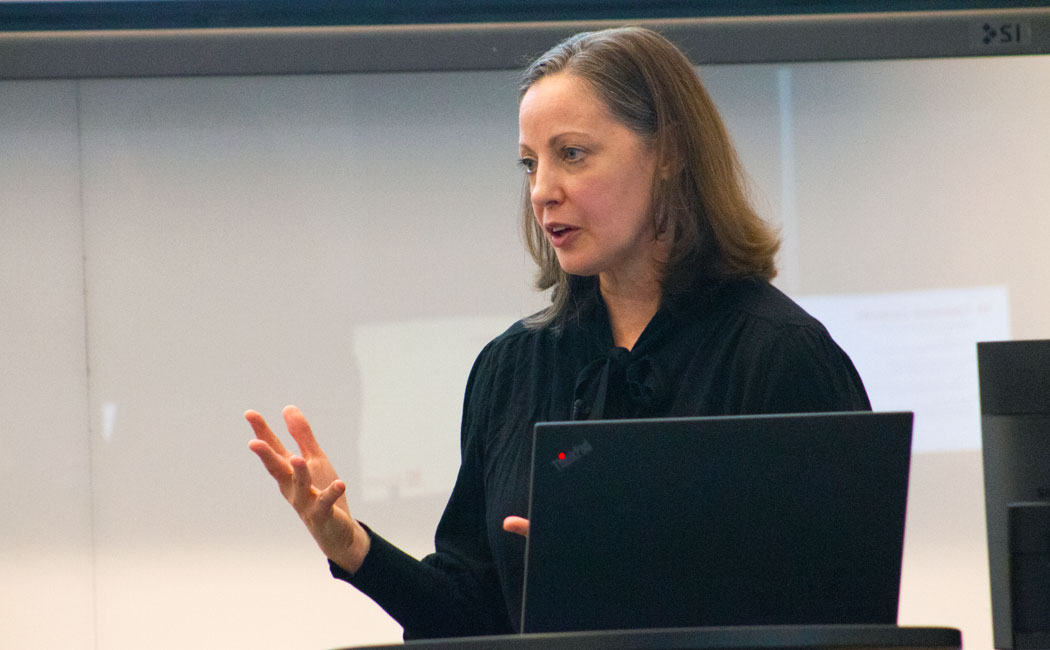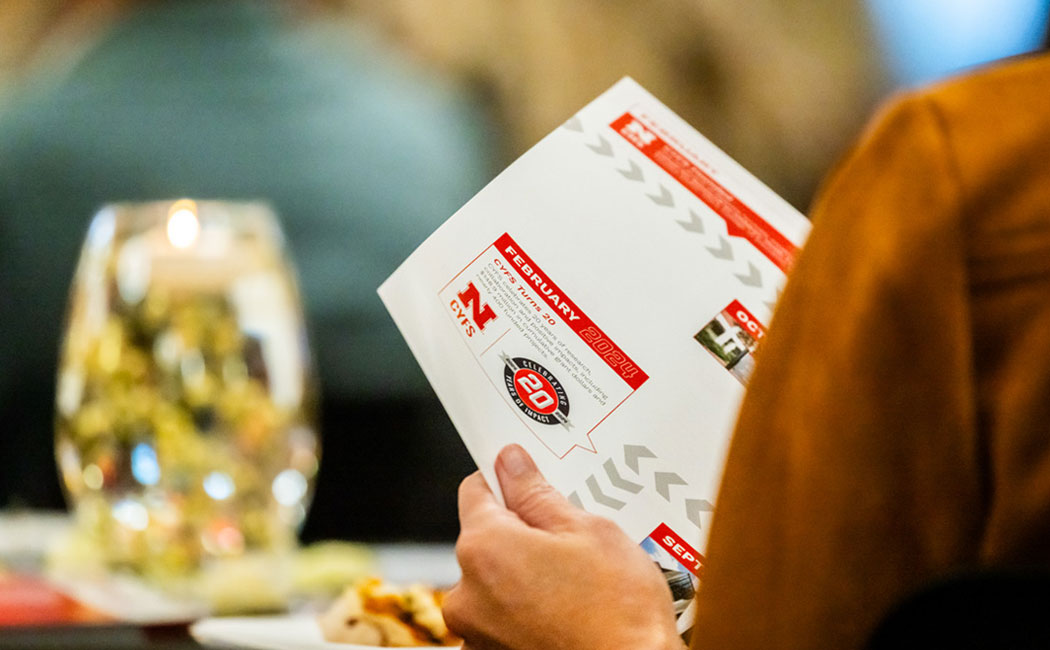
Since its founding in 2004, the Nebraska Center for Research on Children, Youth, Families and Schools has been dedicated to making positive difference in people’s lives through research in the social, behavioral and educational sciences.
To mark its 20-year anniversary, CYFS has released a special edition of its annual report. The report for the 2023-24 fiscal year provides a look at the center’s growing interdisciplinary community and the variety of life-changing research conducted in partnership with CYFS — not only in Nebraska, but throughout the world.
